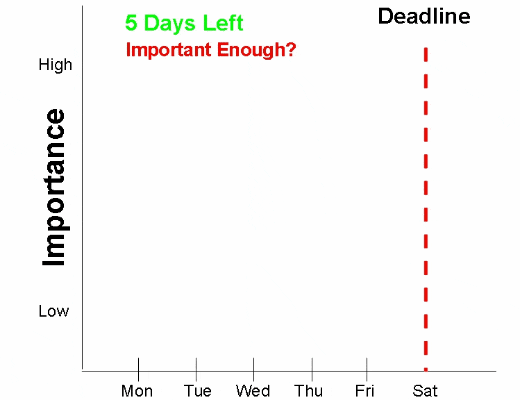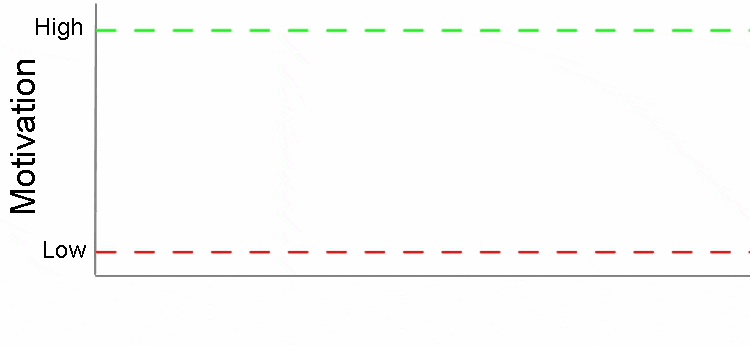An assumption underlying the science of positive psychology is that happiness can be measured.
There is the Bhutan Happiness Scale. There is the Subjective Happiness scale. And there are constant studies that measure happiness. But nothing really measures your personal happiness very well. So all measures of happiness are based on averages from what people report during interviews with psychologists after specific experiments.
We are guild of it here on DGH too. Just look at some of the articles we have where we talk about ways to increase happiness.
Gratitude journals increase well-being…
Money does little for happiness…
Positivity can prevent divorce…
Yelp is more trustworthy than your brain…
Buying many small items is better than buying a few large things…
Prove that assumption false, and hundreds of research findings fall apart into meaningless garble.
In this post, we will take a deep look at the science behind measuring happiness and see if it is these measurements have any value at all…







